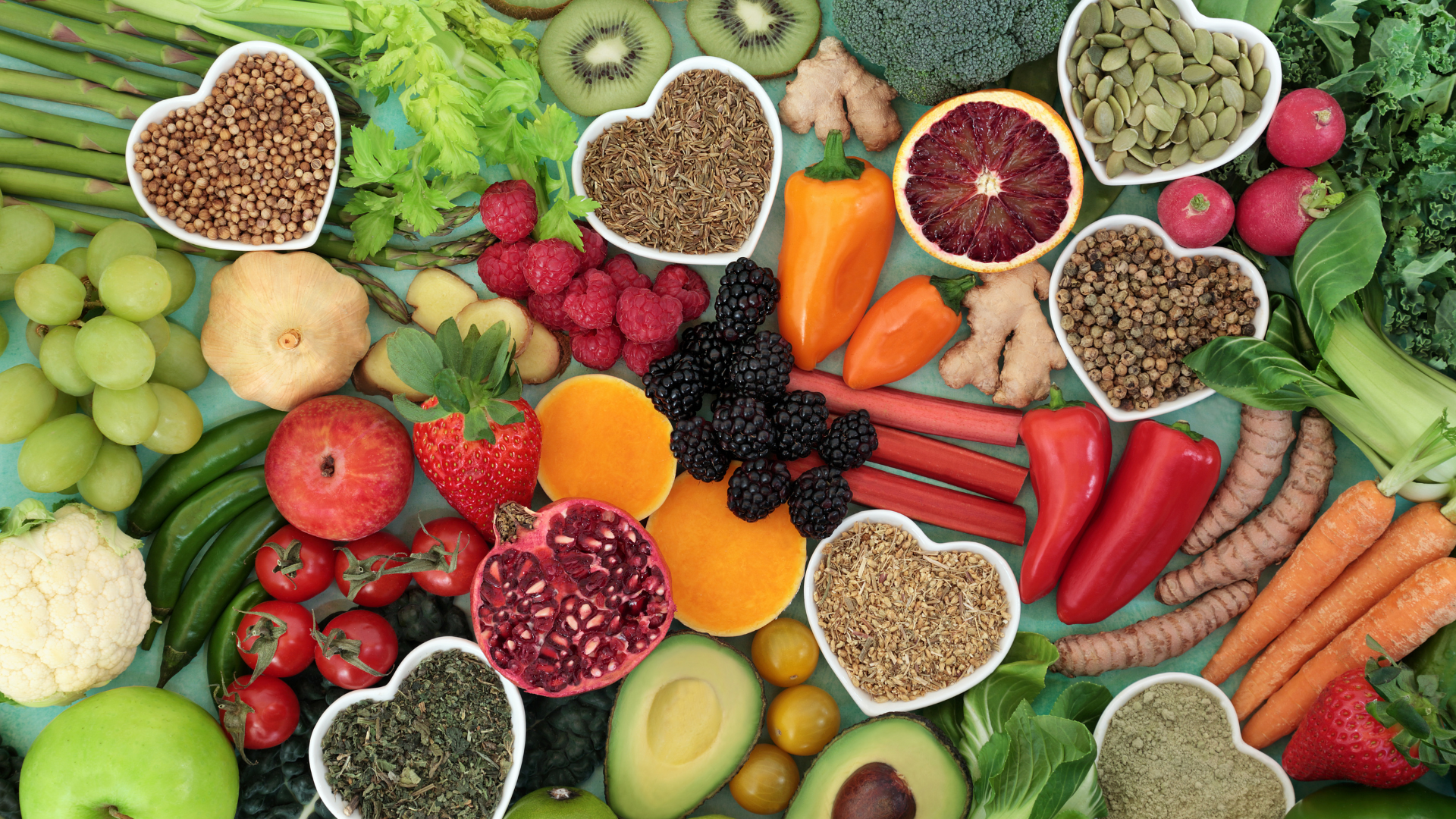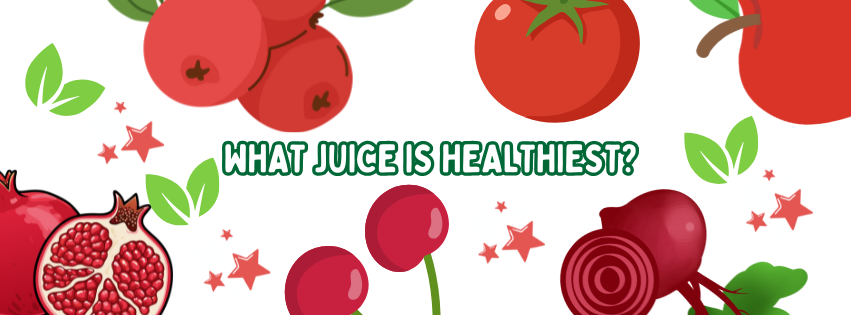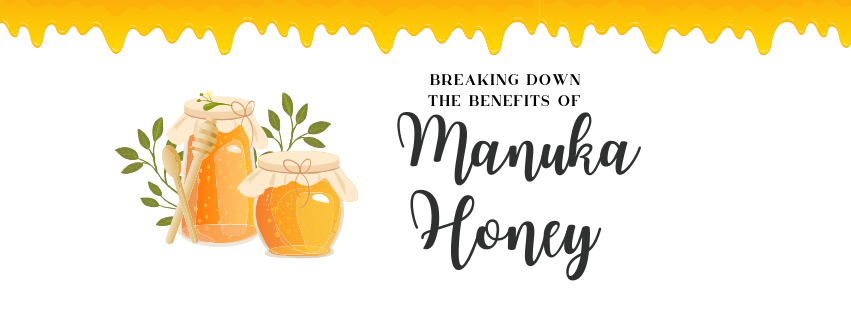Why Organic Matters: An Updated Look
A few years ago we posted a blog on 'Why Organic Matters', discussing what organic means, why we primarily carry Certified Organic produce in our stores, why it can cost more, and the dangers of pesticides found on traditional produce. You can read it here.
And while everything in that blog post still rings true to us, we wanted to give a refresher and an update on why choosing Certified Organic is so important - especially with it being Organic Month. And, the body of research and information around organic farming continues to grow each year. So, let's get into it!
Let's recap the meaning of organic. Pro-Cert, one of the top organic certification agencies has this to say about organic:
“Organic is a claim referring to methods of agricultural production and food processing that minimizes disruption of the natural environment and encourages the health and vitality of the soil, promotes humane animal management and preserves ecological integrity.”
Organic standards are extremely stringent, and must be followed in order to earn certification. There are 4 general principles:
- Principle of Health: Organic agriculture should sustain and enhance the health of soil, plants, animals, humans and the planet as one and indivisible.
- Principle of Ecology: Organic agriculture should be based on living ecological systems and cycles, work with them, emulate them and help sustain them.
- Principle of Care: Organic agriculture should be managed in a precautionary and responsible manner to protect the health and well-being of current and future generations and the environment.
- Principle of fairness: Organic agriculture should build on relationships that ensure fairness with regard to the common environment and life opportunities.
Organic regulations include, but are not limited to:
• No synthetic pesticides
• No synthetic preservatives
• No chemical fertilizers
• No hormones or antibiotics
• No genetically modified organisms (GMO’s)
• Humane treatment of animals
• Preservation of ecological integrity such as nutrients in soil and protection of wildlife
Organic farms are inspected annually to ensure these practices are being upheld.
The Big Question: Do Pesticides Really Harm Your Health?
The short answer is, yes. There is a growing body of research and evidence that continues to show the harmful effects that pesticides can have on our health. When we say 'pesticides' we include under this umbrella synthetic (chemical) fungicides, herbicides, insecticides, and disinfectants. Let's take a deeper look:
Elevated Risk of Cancer:
According to the PAN (Pesticide Action Network), many pesticides are known or probably carcinogens. Children are especially at risk of developing cancer from pesticide exposure and childhood cancer rates continue to rise. A 2020 study found an elevated risk of cancer (leukemia) in children who's mothers were exposed to pesticides during pregnancy. Farmers and farm workers are more exposed to pesticides than the general population, experiencing high rates of prostate cancer, ovarian cancer, and skin cancer.
Disrupted Hormones:
Many pesticides are known endocrine disruptors, meaning they interfere with the body's hormones and lead to further health issues related to growth, fertility, metabolism, and more. The Endocrine Society (the largest international group of scientists and doctors working in endocrinology) lists many pesticides including PCBs, dioxins, DDT, arsenic, perfluorinated compounds, chlorpyrifos, vinclozolin, and more as endocrine disruptors. They note that exposure to these chemicals can come through oral consumption of contaminated food or water, pesticide residue in food or beverages, contaminated ground water and soil, and pesticides used in agriculture.
Endocrine disruptors can cause reproductive issues in men and women, neurological issues in children and adults, and metabolic and thyroid problems.
Children's Health:
The most concerning impact that pesticides can have is on our children. Because infants' and childrens' immune, nervous, and endocrine systems are still developing, they are at higher risk of experiencing the harmful effects of pesticides. The threat to children's health have been known as early as 30 years ago, when a landmark study was published by the National Academies of Science, Engineering, and Medicine.
Even low levels of pesticide exposure can negatively impact the neurological and behavioural development of children due to their effect on neurotransmitters. A 2014 review found a link between pesticides and neonatal reflexes, psychomotor and mental development, and ADHD.
Additional Studies:
- Parkinson's Disease - A 2017 study found a connection between pesticides and an increased risk of Parkinson's disease.
- Alzheimer's Disease - A meta-analysis of 7 studies found that pesticide exposure may be linked to an increased risk of Alzheimer's disease.
- Baby Food - A 2023 EWG study found that 38% of traditional baby food samples contained pesticides, compared to 0% in Organic samples.
Moreover, not only do synthetic pesticides stick to soft skins of fruits and vegetables, but they are taken up by the plan't root system and seep into the produce's flesh - which cannot be washed off. In 2024, An Environmental Working Group study (from FDA and Department of Agriculture data of 47,510 samples of 46 fruits and vegetables) found that 75% of all conventional fresh produce sampled had residues of potentially harmful pesticides. And in the Dirty Dozen? 95%.
Health Benefits of Eating Organic
Did you know that organic foods have more antioxidants, vitamins, and minerals compared to traditional crops? A suggested reason for this is that organic plants do not rely on chemical pesticides to protect themselves. They instead produce more of their own protective compounds like antioxidants!
Organic milk and dairy products have been found to have higher levels of omega-3 fatty acids and other vitamins and minerals.
Supporting Your Planet & Its People
Beyond supporting your health, when you choose organic you are supporting the environment and organic farmers. The Organic Council of Ontario has some incredible information about sustainable organic farming practices, support for famers, biodiversity, emissions, and more. Choose Organic Canada also has a wealth of organic information on their blog.

Deciding how to introduce organic foods to your diet can feel overwhelming, but there is a quick way to get started.
We suggest you use the “dirty dozen” or the “clean 15” lists as guides to prioritize your organic purchases - these outline the fruits and vegetables that contain the most pesticides, and those that do not. This can give you a baseline for prioritizing the kinds of produce to buy organic.
Every step you take matters!










